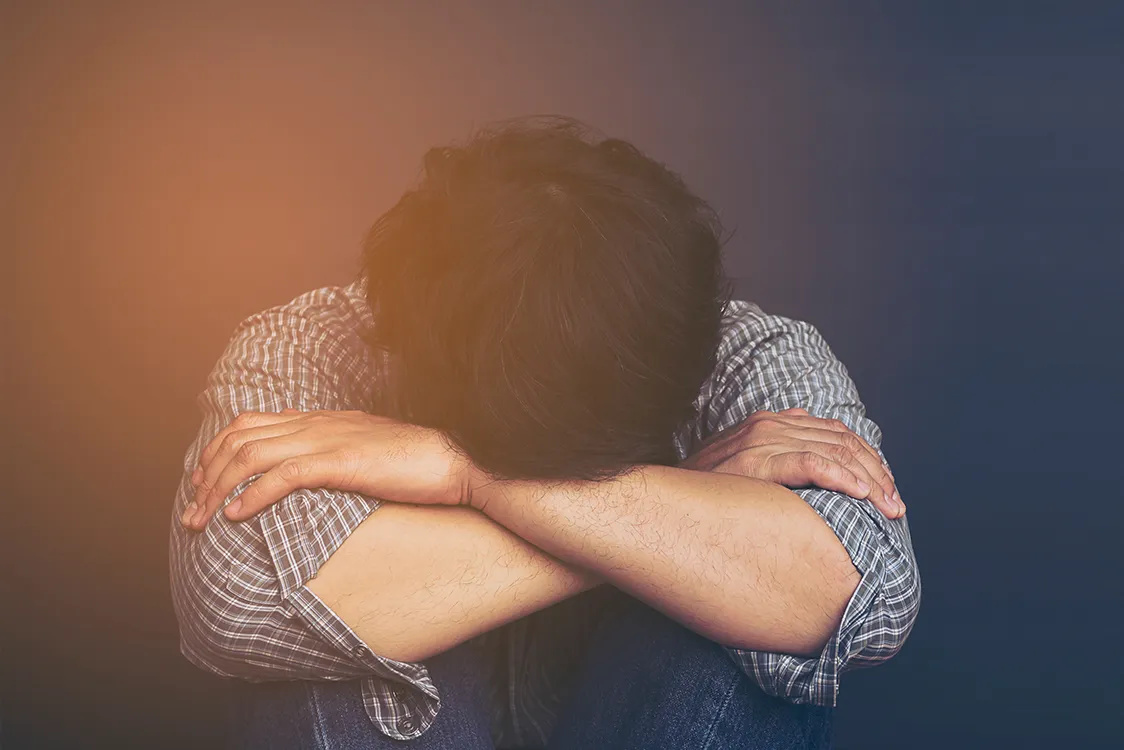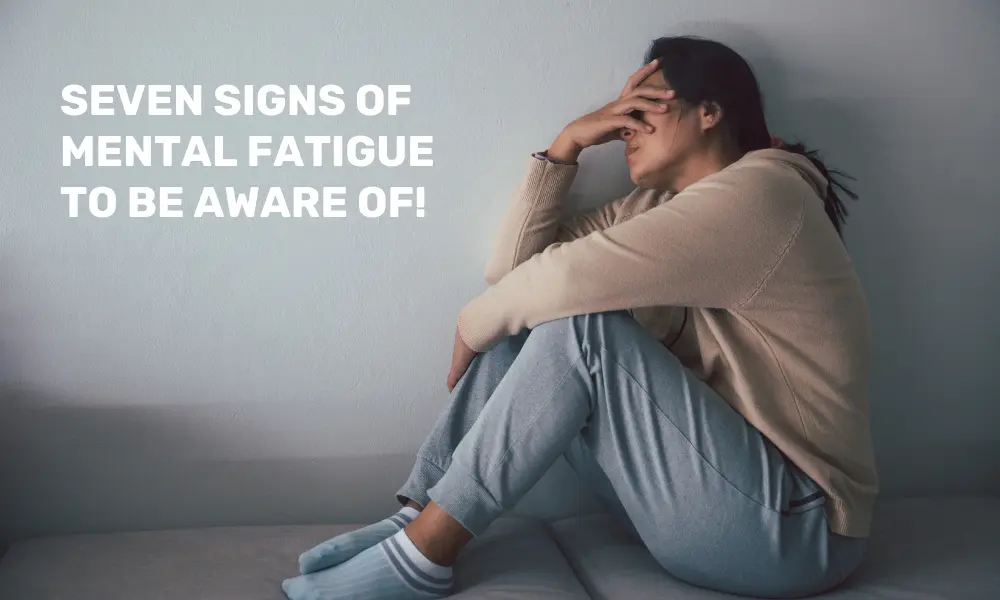With the National Institute of Mental Health and Neurosciences (NIMHANS) serving as the nodal centre and the International Institute of Information Technology, Bengaluru (IIITB) providing technological assistance, this will encompass a network of 23 tele-mental health centres of excellence.
New Delhi: To provide more people with access to mental health care nationwide, the government is preparing to introduce a national tele-mental health programme and a toll-free helpline number soon.
Union Finance Minister Nirmala Sitharaman introduced the national tele-mental health programme (NTMHP) in the Union Budget 2022–23.
“In people of all ages, the pandemic has made mental health issues more severe. A “National Tele-Mental Health Program” will be introduced to improve access to high-quality mental health counselling and care services “, She stated.
With the National Institute of Mental Health and Neurosciences (NIMHANS) serving as the nodal centre and the International Institute of Information Technology, Bengaluru (IIITB) providing technological support, this will include a network of 23 tele-mental health centres of excellence.
According to a source from the government, there will be five regional coordinating centres and at least one Tele-MANAS (Tele-MentalHealth Assistance and Nationally Actionable Plan) cell established as part of the programme in each state and union territory.
A nationwide toll-free helpline will be established, allowing callers to select their preferred language when requesting services. According to the source, the calls would be forwarded to tele-MANAS cells in the appropriate state and union territory.
According to a Lancet study published in October of last year, the COVID-19 pandemic is expected to increase the prevalence of clinically significant depression and anxiety disorders in India by about 35% in 2020.
Compared to 2019, the number of suicides reported in India in 2020 increased by 10%, according to data from the National Crime Records Bureau (NCRB).
According to a study released this year by Dr. Rajesh Sagar, professor of psychiatry at AIIMS, one in every seven people in India is thought to be suffering from a clinically diagnosable mental disorder. Additionally, the COVID-19 pandemic had a severe negative direct and indirect impact on everyone’s mental health. In his article titled “National Tele-Mental Health Program in India: A Step Toward Mental Health Care for All?” he stated additionally.
According to the study, tele-MANAS aims to connect these new virtual mental health clinics to the regional network of district hospitals, medical schools, centres of excellence, and other central and state government-run mental health services.
Making suitable referrals to nearby specialized mental health services based on the individual’s convenience and the severity of the mental health condition will help give prompt mental health care to a person in acute psychological distress and allow continuity of care.
The NTMHP also aims to integrate tele-mental health services with other government-run health-related programmes and services, such as the e-Sanjeevani Platform and the Ayushman Bharat Digital Mission (national digitalization of health records and services) (national teleconsultation service).
There are numerous COVID-19 effects on mental health. Dr. Sagar noted that many factors had been brought up as concerns regarding the impact on mental health, including long-term social distance protocols, fear of illness, death, and future unpredictability, loss of educational and employment opportunities, the economic downturn, and the high work stress environment experienced by frontline healthcare workers.
“In a developing society, misuse of social media and excessive screen time have become serious problems. Today, mental disorders are becoming more prevalent at an alarming rate (PTSD, anxiety, depression, suicidality, substance abuse, and post-Covid syndrome).
He claimed that the lockdown, self-isolation, and quarantine procedures used for infection prevention and control have bought about a detrimental effect on mental health.
When allocating resources for mental health care, he said, “It is crucial to prioritize the need of the most vulnerable individuals, even though toll-free numbers and telepsychiatry consultations have had a favourable impact on people’s decisions to seek care.”




